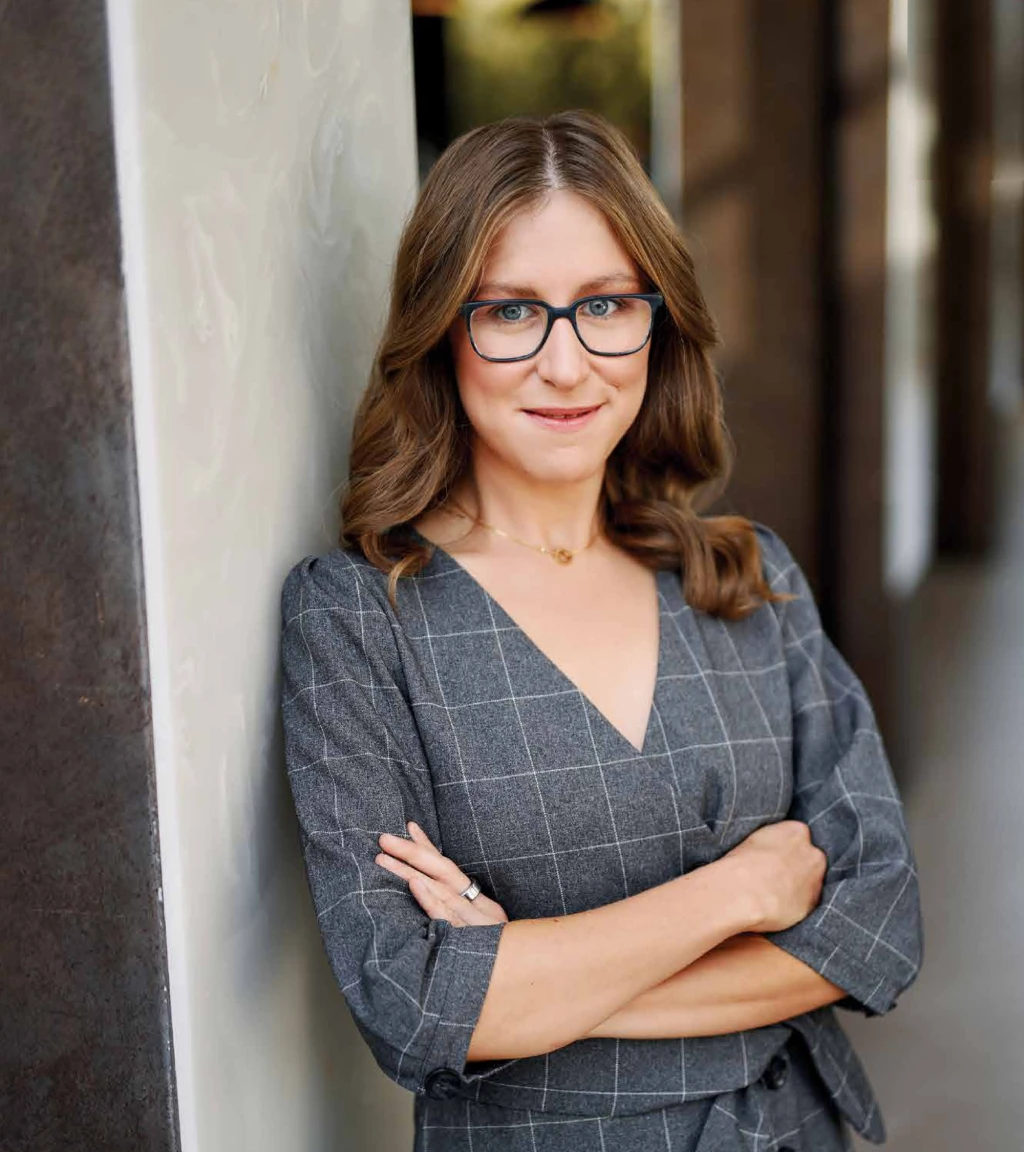What advice would you give to other women interested in a tech career?
My first advice is not to look at the current order of things just to “fit in.” It’s a bit controversial, as I know that many girls look for role models and find them in the non-technical departments where there are the most women. But that’s a self-fulfilling prophecy — girls would continue to pursue less technical roles. I’d recommend looking at what you want to achieve and what you are good at and following those dreams, even if you are the only girl there. As I’ve been there, I know it’s hard, but you can eventually become an excellent example for other girls. The second piece of advice is to build a support system for yourself. Find other people with the confidence to dream beyond the current order of things. Surround yourself with people who understand that inclusion of all genders adds diversity benefits — that’s your tribe. Having that sense of belonging is essential, as it won’t always exist within your work team (unless you build the unit yourself). I found my tribe within the Open Source world. I hope that could be a supportive community for other girls interested in tech to feel included, too.
What are your thoughts on the future of women in tech?
I dream that one day, the roles in tech companies will be not so rigid (neither tailored for men nor stereotypically assigned based on gender). I want to see more diversity and inclusion of women in all roles, which would better leverage people’s strong suits, including soft skills. But that requires entirely new team-building approaches, and female founders could contribute a lot to this future.
What is your favorite part of working in tech?
As my friends joke, my title should have been an Architect of Human Systems in all the ventures I was ever involved with. It describes what I love most in tech – I love putting together the environment that is the most fertile for the creation of tech, where everybody is in the right place, where they feel empowered, and where their eyes shine. The medium for such work is the team, the community, the market, and whatever brings us closer to the goal. The tech world is unique because it makes this process a win-win for everyone, not a zero-sum game.
What are your career goals?
My goal is an open, economically viable, decentralized, self-governed, developer-centric future of tech. I am approaching it from various perspectives: it can not be just a single role or company. In the long term, I want to be at the forefront of technology, where the most extraordinary innovations take shape. The specific parts I inhabit may undergo evolution, but I envision myself more as an integral, dynamic component—akin to a stem cell—in this creative process. I feel there’s a role for everyone to play in this technological evolution, and it is always unique.
What are your thoughts on diversity and inclusion in the tech industry?
The tech industry has to reconsider what parts of its cultural legacy we take into the future and what parts we need to reinvent to achieve inclusion. But I’m optimistic about the trend. Technology itself is pushing it in the right direction – AI is creating a lot of new roles and broadening the access to technology for many people, while open source is redefining the availability of projects to work on. I firmly believe that the new generations will get less harmful experience with tech companies simply by avoiding the traditional corporate career path but rather engaging with technology on their terms.
What are you most passionate about?
I’m passionate about learning how to share experiences (including failures) so people can genuinely connect, not feel alone in their journeys, and collaborate better with others.
